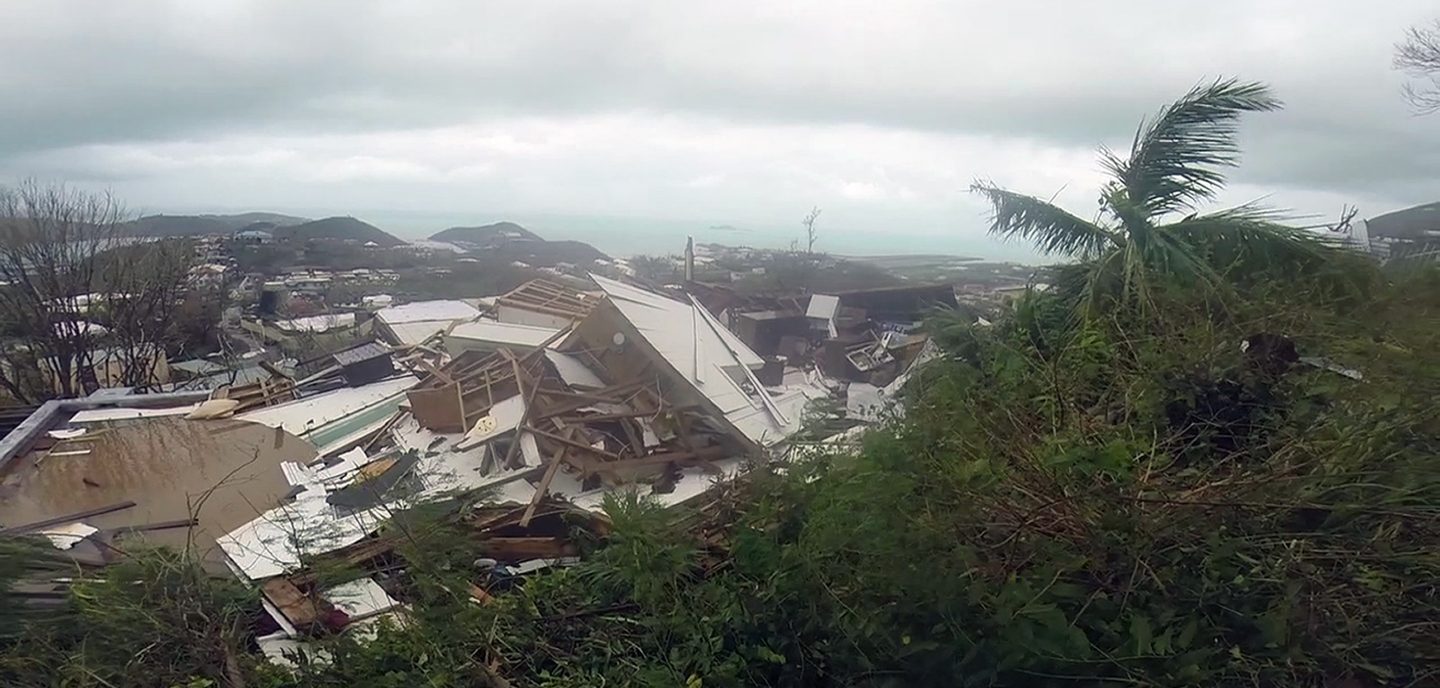Right now as I type this, the U.S. Virgin Islands — the place where I was born and where I grew up — has been badly damaged by Hurricane Irma. The people there, many of whom are old friends of mine, are suffering. Weather reports say that another Category 5 storm, Hurricane Jose, is close behind. No one knows what the place will look like when the rain stops.
Now time is of the essence.
I’m donating $250,000 immediately — tonight — to the storm relief efforts in the U.S. Virgin Islands. And going forward, I pledge to match your donations up to the first $1 million. That’s where you come in: You can go here to make a donation. I’ve included more information at the end of this article, too.
I know not everyone can give, and that’s O.K. — after all, a lot of you just got done giving financial support to the victims of Hurricane Harvey and the fires on the West Coast. But if you’re able, here’s what I can promise: Every dollar donated will go directly to relief efforts on the ground. Starting as soon as the weather permits, I’ll be chartering an airplane full of supplies from San Antonio to St. Croix, the biggest town in the Virgin Islands. And I’m already busy putting together a team — some from the Virgin Islands and some who will fly in from elsewhere — to help manage the relief effort.
Tim Duncan – The Players’ Tribune
The Leeward Islands just got hammered, and while some of the most spectacular footage of the disaster has shown the seaside second homes of millionaires, these islands are also home to thousands of people who don’t have nearly enough resources to make it through this disaster without assistance.
After events like this, because we tend to have a bit more money than time, most of us are inclined to donate a few bucks using the easiest possible means.
Please don’t.
Do a bit of research. If you can’t give time (and most of us can’t), please make sure that the money you donate is being handled responsibly.
Without naming names, the charity that immediately pops into your mind when disaster strikes, the one that will painlessly add $10 to your next cell phone bill just by sending a text to a five digit short code, that organization is notoriously bad at managing donated funds.
Find local organizations and donate directly, or donate to more responsible national organizations.
Remember that it costs a lot of money to get all that publicity and set up all those nifty ways to separate you from your donation painlessly.
It’s worth the effort to do research into where you send your money. Is it inconvenient to do so? Absolutely! But if you spend only a little time and effort making a donation, don’t be surprised if that donation results in little positive benefit for those most affected by this (and other) disasters.
Add The Sports Daily to your Google News Feed!
